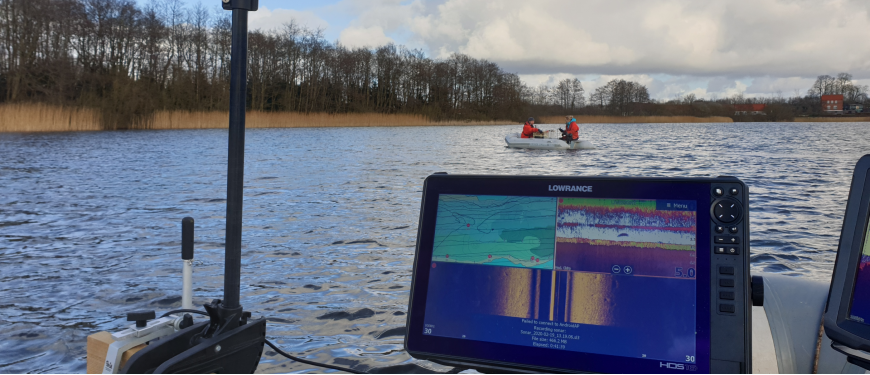Freshwater ecosystems only constitute about 0.01% of the global area but play a pivotal role in supporting more than 10 % of the world´s animals. In addition, natural freshwater ecosystems support vital ecosystem services such as drinking water reservoirs, food sources, nutrient and carbon burial, in addition to numerous recreational services. However, these important ecosystems are strongly threatened by human activities and are among the most endangered ecosystems in the world.
The biggest uptake of carbon dioxide from the atmosphere are from terrestrial (land-based) ecosystems. However, most of the carbon absorbed into land-based ecosystems are transported into inland waters. About 50 % of the carbon imported into is respired, 17 % is permanently buried, while 33 % is exported to marine ecosystems. Freshwater ecosystems are, thus, extremely important in mitigating the buildup of anthropogenic CO2 from fossil fuel and biomass burning.
In the freshwater group, we strive to understand the processes driving the water quality and functioning of our freshwater ecosystems. We are especially focused on the restoration of degraded water bodies, with the aim to bring back the numerous ecosystem services provided by freshwater ecosystems and deliver sustainable water management solutions on a local as well as global scale.
Current research projects:
• Nye danske søer (New Danish lakes) and Design of optimal environmental conditions and biodiversity
• Find en sø - et Citizen Science projekt (Find a lake)
• Vådområdeprojekter, P-virkemidler, P-regneark og lignende myndighedsbetjening (authority service)
• Stream biodiversity and environmental quality depending on catchment characteristics and discharges
• RecaP: Capture, recycling and societal management of phosphorus in the environment. H2020 MSCA-Innovative training network.
· Sustainable lake restoration and resource recovery. Poul Due Jensen foundation
